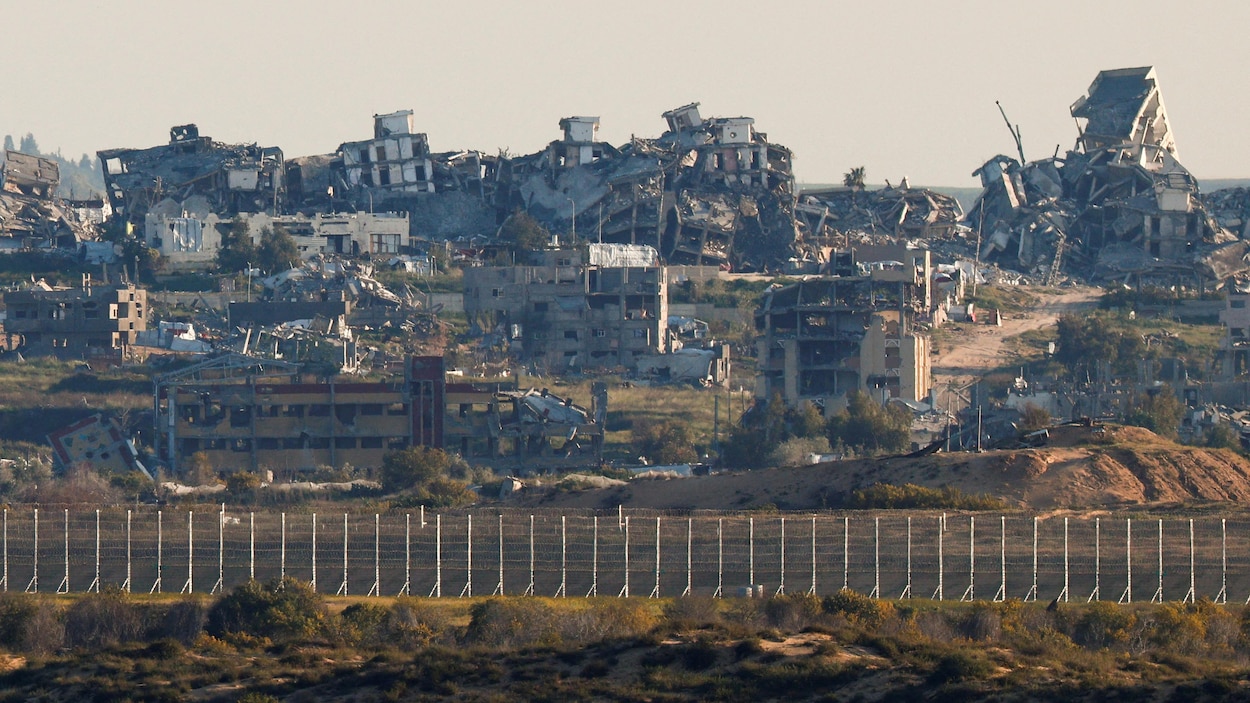Inside the Complex Web of Ukraine Peace Negotiations
Explore the complex negotiations underway involving Trump and Putin representatives amid efforts to ease Ukraine conflict. Discover the underlying tensions and potential implications for global diplomacy.
Published April 12, 2025 - 00:04am

Image recovered from arabnews.com
The geopolitical chessboard is being reset as high-level negotiations between the United States and Russia seek to address the ongoing conflict in Ukraine. The involvement of President Trump's special envoy, Steve Witkoff, marks a significant chapter in efforts to de-escalate tensions which have persisted since Russia's controversial actions in 2022. The recent meetings between Witkoff and President Vladimir Putin, while not momentous breakthroughs, symbolize a nuanced approach to diplomatic engagement on volatile issues like the Ukraine conflict.
According to reports from Steve Witkoff's meeting in Russia, discussions aimed at negotiating a peace deal for Ukraine were at the forefront. Such dialogues are overshadowed by broader geopolitical stakes, involving potential joint ventures in the Arctic and discussions about rare earth minerals. This context illustrates how deeply intertwined economic interests are with strategic military considerations. Amidst strained US-Russia relations, largely due to Moscow's close ties with Iran and China, a peace platform for Ukraine becomes critical.
The meeting, held in St. Petersburg, not only served as a possible precursor to a direct dialog between President Trump and President Putin but also provided a venue to deliberate on broader security issues relevant to both nations. However, Kremlin spokesman Dmitry Peskov has tempered expectations, indicating that no immediate breakthroughs are likely. The geopolitical backdrop includes US threats of secondary sanctions should Moscow fail to progress on Ukraine peace efforts, souring further any optimism for rapid resolutions.
Efforts to ease tensions are also being felt back in Washington, where Trump's administration faces internal divisions. Notably, different factions within the US government's foreign policy apparatus present conflicting perspectives on what constitutes a sustainable path to peace. Witkoff's stance, which reportedly entertains territory concessions, clashes with other policy advisors who staunchly oppose giving Russia any ground in Eastern Ukraine.
Compounding these complexities are diplomatic intricacies with allies. Some US officials and European diplomats express concern over a perceived lack of a coherent US strategy. Western allies worry the US might accept compromises that could weaken Ukraine's sovereign standing or risk undermining European security structures.
The role of China also looms large, as evidenced by President Zelensky's accusations against Russia for increasingly involving Chinese nationals in the conflict. This development introduces another layer into the already intricate diplomatic web. As Trump aims to orchestrate a ceasefire, a proposal of relinquishing certain Ukrainian territories to Russia surfaces — a strategy met with skepticism and outright rejection from Kyiv.
Amidst these negotiations, Trump's narrative oscillates between critique and praise for both Russian and Ukrainian leaders. While he demands Russia's active participation in resolving the conflict, he also alludes to potential actions against Moscow should talks falter, hinting at possible sanctions.
As diplomatic efforts continue, one of the main takeaways is the lack of a single, unified stance within the US itself. Despite support from certain Republican quarters for Witkoff's Russian engagement and strategy views, his positions instill discomfort across other parts of the political spectrum, concerned about Trump's administration leaning too close to Moscow.
This complex tapestry of diplomatic maneuvering highlights the many variables and pressures influencing each player's decisions. The coming weeks and months are likely to witness more diplomatic choreography as both sides weigh their positions amid relentless international scrutiny.







